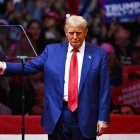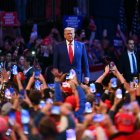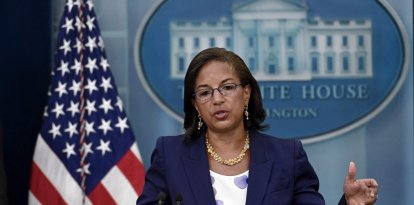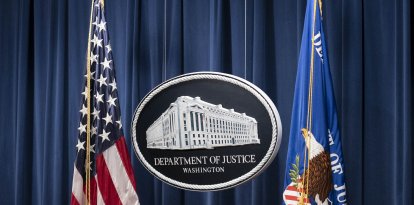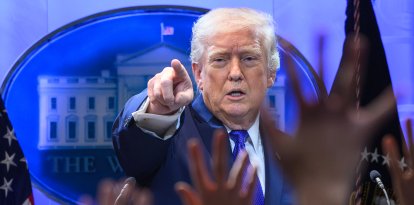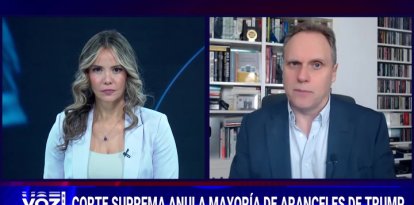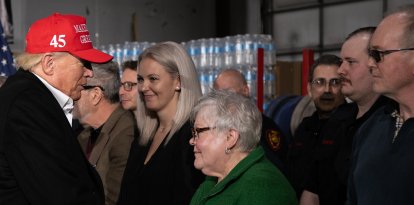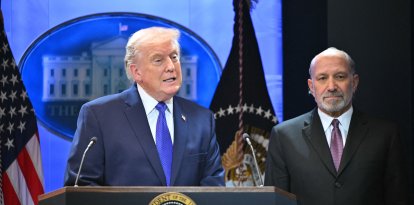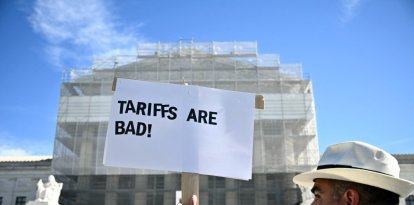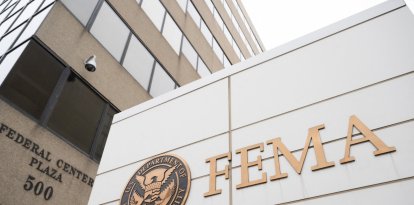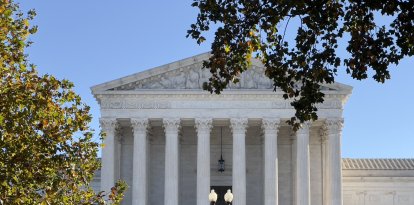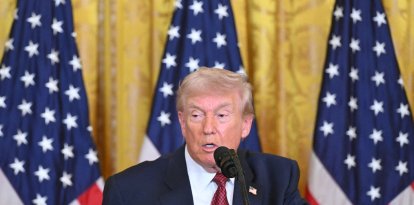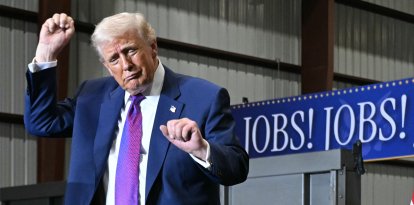RNC asks Supreme Court to intervene in Pennsylvania vote-by-mail case
The Republican National Committee asserted that Pennsylvania's ruling could affect thousands of votes during the November presidential election.
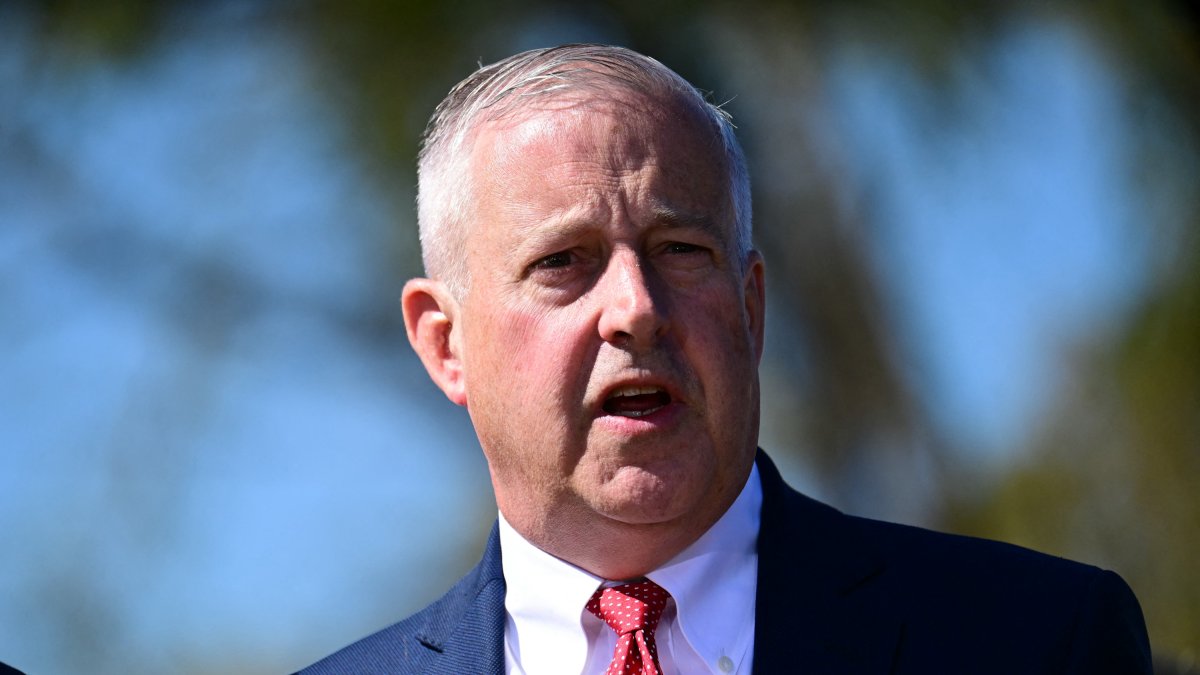
Michael Whatley took over as head of the RNC in March 2024/ Jim Watson.
The Supreme Court of Pennsylvania recently ruled in favor of two Butler citizens, changing the state's election rules less than two weeks before the presidential election. The Republican National Committee (RNC) and the Republican Party of Pennsylvania (RPP) asked the Supreme Court to intervene quickly in the case.
The case involves two Butler County voters who learned during the primary election that their mail-in ballots could not be counted due to certain errors. So, they went to vote in person on Election Day with provisional ballots, which are granted when there are doubts about the voter's eligibility.
The elections board refused to count them because Pennsylvania law states that provisional ballots of voters whose mail-in ballots were "timely received" cannot be counted even if the mail-in ballots are rejected.
However, the state's highest court recently ruled in favor of these two voters, claiming that the Butler County Board of Elections erred in refusing to count the provisional ballots.
According to Pennsylvania Republicans, the court is taking powers that belong to the legislature, and they have asked the Supreme Court to intervene to reverse the ruling. They contend that the ruling misinterprets state law, which states that "a provisional ballot shall not be counted" if the voter's vote-by-mail ballot was "timely received."
"This Court has a constitutional responsibility to ensure that state courts do not 'unconstitutionally interfere with the role specifically reserved to state legislatures by Article I, Section 4, of the Federal Constitution,'" the RNC and RPP petition reads.
According to the brief, there is a case from North Carolina in 2023 that limits the power of state courts to decide federal election issues.
"Restoring the status quo, which existed until the majority's decision a few days ago, would not cause any confusion or chaos among voters or the application of new rules. It would simply require election officials to apply exactly the same rules that governed prior to that decision to process provisional ballots," they added.





